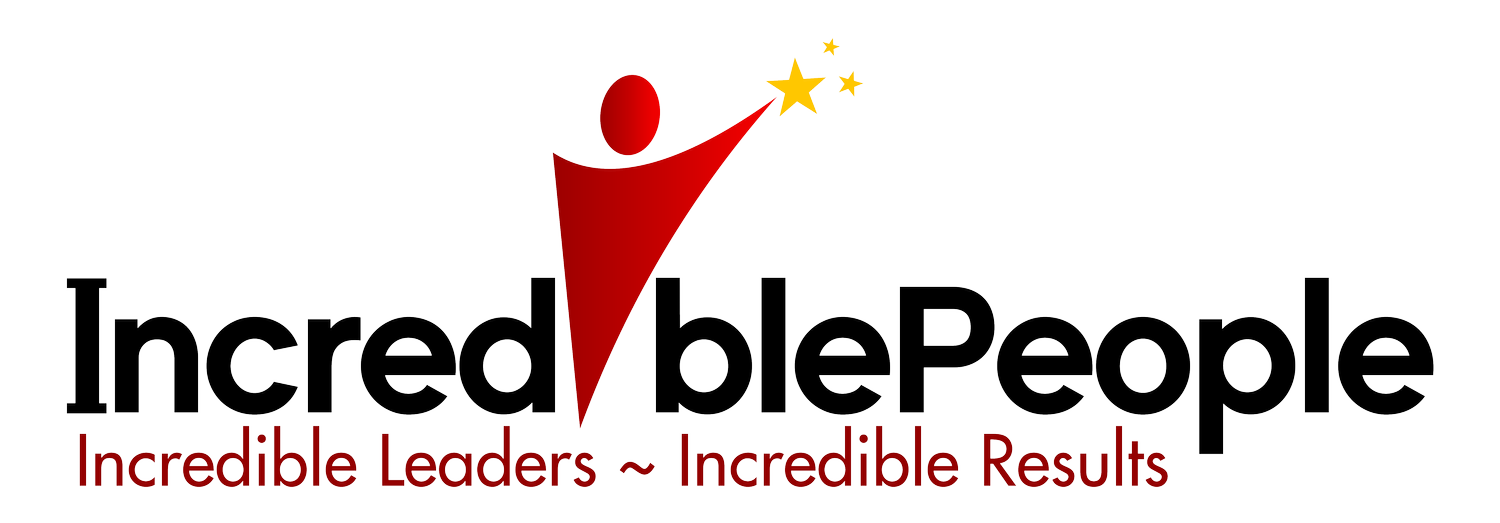How to improve your Emotional Intelligence
Many leading experts and psychologists point to having a high EQ (emotional intelligence quotient) as more likely to contribute to success in life than having a high IQ.
Of course, having both would be a bonus, but based on my experience as a leadership coach for 13 years I would certainly agree with the research that shows that it is the leader with a highly developed EQ who has the greatest success in motivating their teams, delivering successful outcomes and driving transformational positive change.
So, what makes up emotional intelligence and can you improve it? The good news is for most people, it most certainly can be improved on.
Typically, EQ is presented with four main components. Understanding these will help you enhance your emotional intelligence and elevate your leadership impact.
1. Self-awareness
Do you fully understand your strengths and weaknesses? Do you recognise your emotions and their effect on you and your team? According to research, 95% of people think they’re self-aware but only 10 to 15% actually are. Leaders who aren’t self-aware can create increased stress and decreased motivation in their team.
This is where seeking feedback from diverse sources can be beneficial – after all, you can’t see your own blind spots. In my leadership coaching and training programs we use 360-degree feedback and self-reflection to gain invaluable insights into self-awareness to improve EQ.
2. Self-management
Are you able to manage your emotions in stressful situations? Do you maintain a positive outlook despite setbacks? Reactions can be automatic, but those with more developed EQ are able to pause, collect themselves so they can appropriately respond to stress and difficult situations. Identifying your emotional triggers and learning to respond in a positive and professional way is important when all eyes look to you for leadership.
3. Social awareness
Do you know how to read a room and recognise other people’s emotions? Leaders who are highly socially aware are empathetic, which enables them to communicate and collaborate effectively with their peers. Research shows that leaders who master empathy are 40% more likely to perform better in decision-making and engaging others.
4. Relationship management
It can be hard for some to face conflict but those who have good relationship management skills know how to properly address issues as they arise. Research shows that every unaddressed conflict can drain morale and waste about 8 hours of company time in counter-productive activities from staff. Leaders who influence, mentor others, have difficult conversations and resolve conflict effectively will see greater productivity and staff retention.
As part of my leadership coaching and training programs, I use an internationally renowned emotional intelligence assessment tool to look at an individual’s social and emotional strengths and weaknesses. By looking intensely at key EQ traits, we are able to build capability in all four components.
If you want to dive further into Emotional Intelligence and have yours assessed, join us on the upcoming Incredible Leadership Catalyst Workshop in Perth on 29 and 30 November. For more details click here.
To start building your EQ, reflect upon these four components and pick one that you believe will make the most impact in your leadership. Then pick one thing you will practice doing differently and keep track of the impact of your changes through reflection on your emotional responses, actively listening and seeking feedback from others, and observing improvements in your interpersonal relationships.

